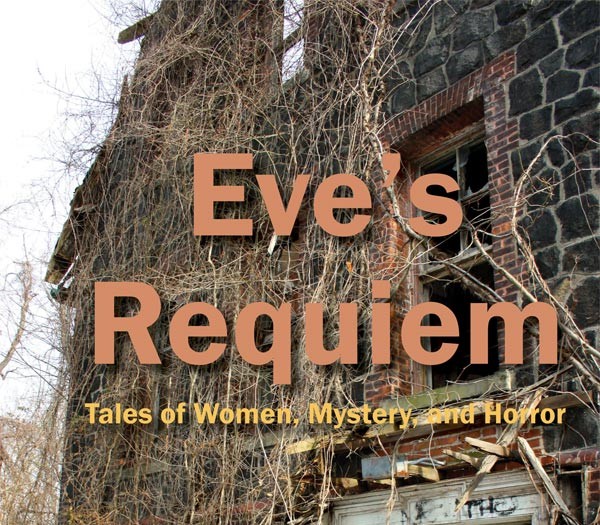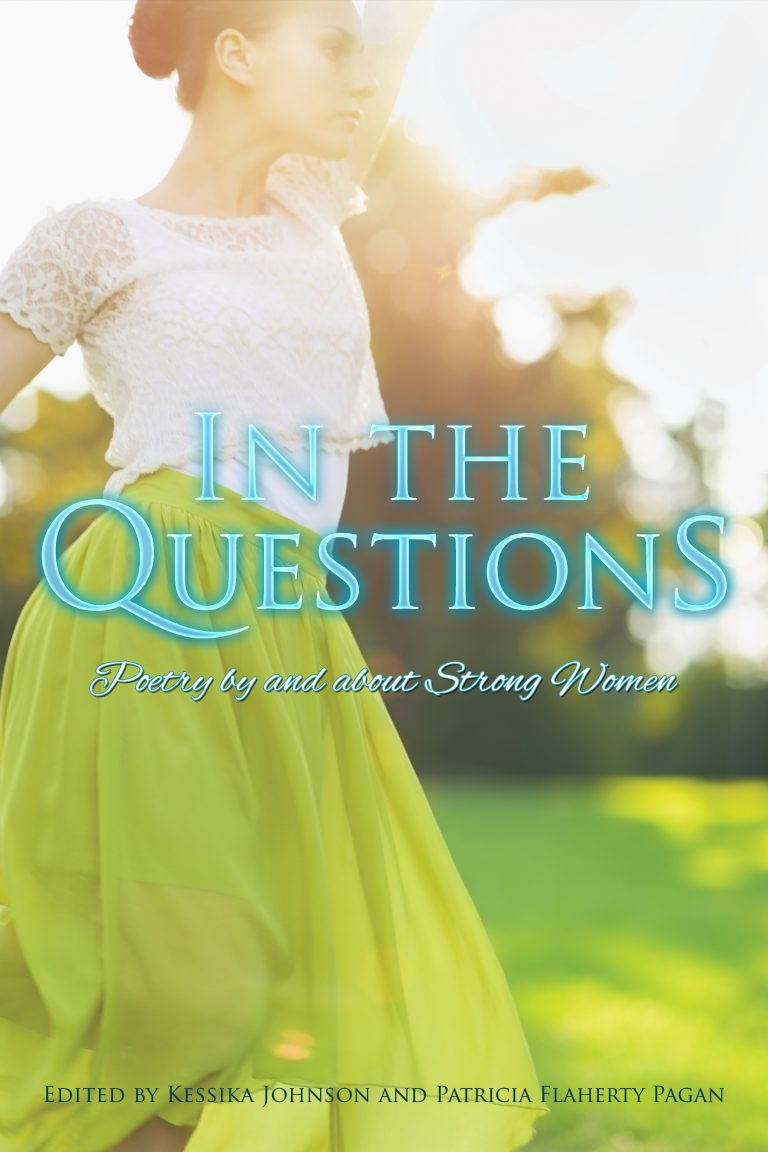 What makes a memorable villain? American novels and films are crawling with devils. (Sometimes literally.) Ghosts linger. Stalkers lurk. And, if you’re a horror fan, it’s all in looking-over-your-shoulder fun. But as a writer, how do you make your villain leave a frightening aftertaste?
What makes a memorable villain? American novels and films are crawling with devils. (Sometimes literally.) Ghosts linger. Stalkers lurk. And, if you’re a horror fan, it’s all in looking-over-your-shoulder fun. But as a writer, how do you make your villain leave a frightening aftertaste?
As I get older, I’m starting to think that the most horrifying antagonists look like you and me. With the exceptions of Mr. Dark and Jadis, the White Witch, the lurking devils of your nightmares are often very scary, but too dreamlike. The clown in Stephen King’s It, spawned from many children’s fears and growing more terrifying across page after bloody page, can certinaly keep you up at night and drive you to avoid children’s birthday parties. I remember feeling visceral fear while reading King’s novel. Then I thought about it with my rational brain, which reminded me that killer clowns don’t generally knock on one’s door. A predator who might actually come and ring your bell? Now that’s frightening.
How does a writer create a unique, plausible but intensely creepy villain? For me, the scariest embodiment of everyday evil is Arnold Friend. Arnold Friend is the slippery, disquieting, gold convertible driving antagonist in Joyce Carol Oates’ truly great short story, Where Are You Going, Where Have You Been? If you haven’t read the story, I strongly urge you to do so. Say today. Possibly inspired by the Pied Piper of Tucson, he is the menace every mother fears.
Without spoiling the story, let me point out three reasons why he is a believable threat and continues to unnerve readers, forty-eight years later:
- He almost fits in. When you’re flush with friends, summer, music and the “pure pleasure of being alive,” he might be nearby, watching and listening. He’s not the type anyone, even the police, would see first in a group. You could see him at the mall. Any mall.
- His laughter isn’t funny. In some cultures people laugh when they are nervous. But Oates’ villain wraps seduction, annoyance and then rage into his forced chuckles.
- His best weapons are words. Any creep, anywhere, can arm himself with those.
These three reasons, as emphasized by Oates’ sharp prose, are why Arnold Friend weasels his way into your consciousness and remains there. Oates has said fans frequently mention this story to her. I understand why. She has taught me the value of mixing the ordinary and the vile in my characters. As a writer, it’s quite an accomplishment to bring a conceivable devil to life.



